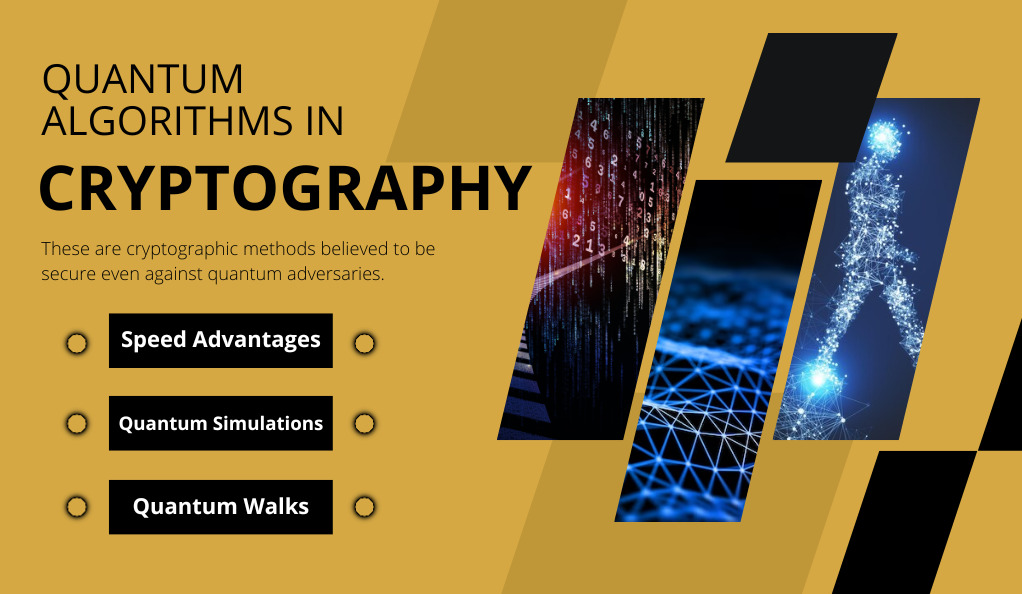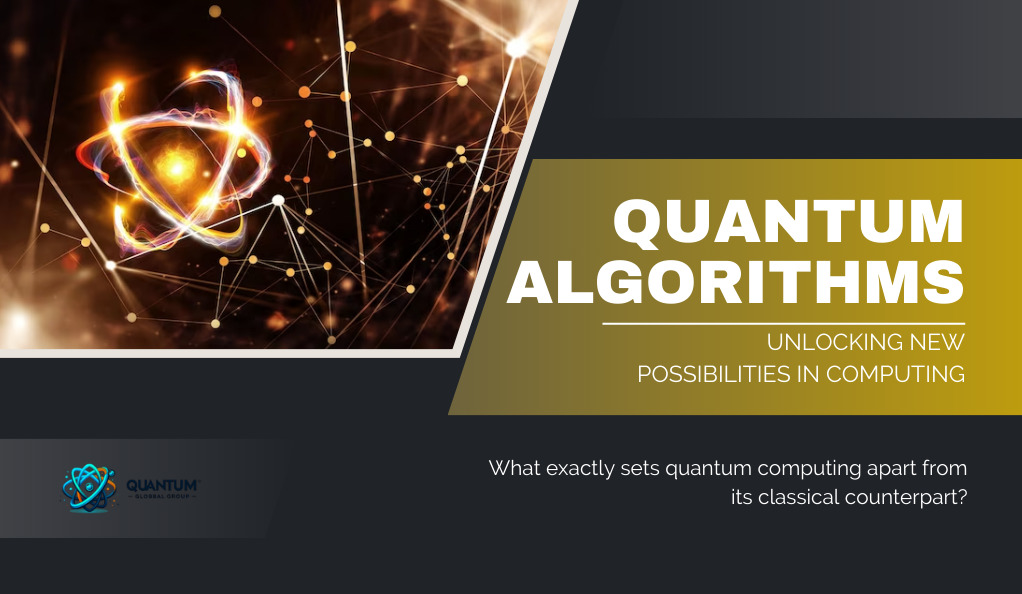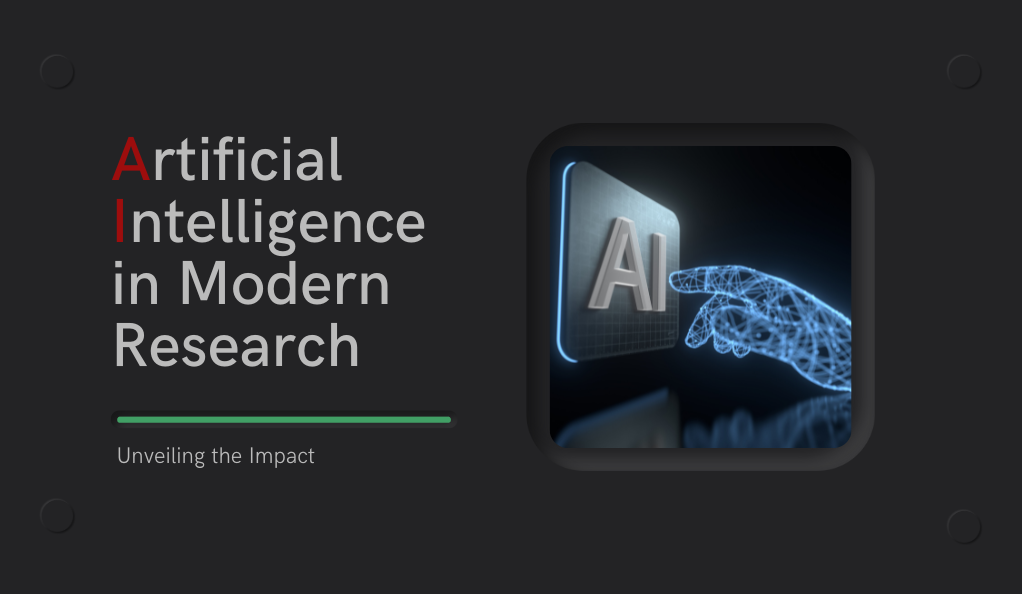In the realm of computing, the term “quantum” has emerged as a beacon of revolutionary potential. Quantum computing, a field that harnesses the principles of quantum mechanics, promises to redefine the boundaries of computational power. But what exactly sets quantum computing apart from its classical counterpart? The answer lies in the unique Quantum Algorithms it employs.
Classical vs. Quantum Algorithms
At the heart of every computer, be it the one on your desk or the supercomputer used by NASA, lies a set of instructions known as algorithms. In classical computing, these algorithms operate on bits, which can be either 0 or 1. The operations are deterministic, meaning given the same input, they will always produce the same output.
Quantum algorithms, on the other hand, operate on quantum bits or qubits. Unlike classical bits, qubits can exist in a state of 0, 1, or both (a phenomenon known as superposition). This allows quantum computers to process vast amounts of information simultaneously. Moreover, qubits can be “entangled”, a unique quantum property where the state of one qubit can depend on the state of another, regardless of the distance between them.
| Parameter | Classical Computing | Quantum Computing |
|---|---|---|
| Basic Unit | Bit (0 or 1) | Qubit (0, 1, or both) |
| Operations | Deterministic | Probabilistic |
| Parallelism | Limited | Inherent |
| Entanglement | Not Applicable | Fundamental |
The Quantum Leap
The implications of these quantum properties are profound. For instance, while a classical computer trying to solve a complex problem might go through each potential solution one by one, a quantum computer can explore multiple solutions at once. This doesn’t just mean faster computations; for certain problems, quantum algorithms can provide solutions where classical ones falter.
However, it’s essential to note that quantum computing doesn’t aim to replace classical computing. Instead, it offers a new paradigm, excelling in areas where classical computers face challenges. As we delve deeper into the world of quantum algorithms in the subsequent sections, we’ll uncover the myriad ways they stand to reshape industries and redefine what’s possible in the realm of computation.
The Essence of Quantum Algorithms

Quantum algorithms are not just a mere extension of classical algorithms with a quantum twist. They are fundamentally different, rooted deeply in the principles of quantum mechanics. To truly grasp their potential, one must first understand the core principles that drive them.
- Quantum Superposition: Imagine a spinning coin. While it’s in the air, you can’t definitively say whether it’s heads or tails – it’s as if it’s both at the same time. This is a simplistic analogy for quantum superposition. In the quantum world, a qubit can be in a state representing 0, a state representing 1, or any quantum superposition of these states. This means it can perform multiple calculations at once, offering a parallelism that classical bits can’t match.
- Quantum Entanglement: Entanglement is one of the most mysterious and fascinating phenomena in quantum mechanics. When two qubits become entangled, the state of one qubit is dependent on the state of the other, no matter the distance between them. This deep connection allows for faster and more efficient information transfer, and it’s a cornerstone of many quantum algorithms.
The Concept of Quantum Supremacy
Quantum supremacy refers to the point where a quantum computer can perform a task that’s practically impossible for a classical computer to execute in any reasonable amount of time. While we’re still in the early days of achieving consistent quantum supremacy, the potential is evident. Companies like Google have already claimed to reach this milestone for specific tasks, heralding a new era in computational capability.
Why Quantum Algorithms Matters
The inherent properties of quantum algorithms – their ability to process information in superposition, the entanglement of qubits, and the pursuit of quantum supremacy – are not just academic curiosities. They have practical implications. For problems involving vast amounts of data or requiring immense computational power, quantum algorithms stand as the beacon of hope. They promise solutions to challenges that have long been considered insurmountable, from decrypting complex codes to simulating intricate biological systems.
Prominent Quantum Algorithms
The world of quantum algorithms is vast and ever-evolving, with researchers continuously uncovering new methods to harness the power of quantum mechanics for computational tasks. Here, we’ll explore some of the most notable quantum algorithms that have shaped the field.
- Shor’s Algorithm: A Cryptographer’s Dilemma
Peter Shor, in 1994, introduced an algorithm that sent ripples through the world of cryptography. Shor’s algorithm can factor large numbers exponentially faster than the best-known classical algorithms. Why is this significant? Modern encryption systems, like RSA, rely on the difficulty of factoring large numbers to ensure security. With Shor’s algorithm, quantum computers could potentially decrypt these systems, necessitating a reevaluation of current encryption methods. - Grover’s Algorithm: Searching Made Efficient
Lov Grover, in 1996, proposed an algorithm that can search an unsorted database with N entries in about √N steps, a significant improvement over classical methods. While the speedup isn’t as dramatic as Shor’s algorithm, Grover’s method has broad applications, from cryptography to data mining. - Quantum Fourier Transform (QFT): A Quantum Symphony
The Quantum Fourier Transform is the quantum counterpart of the classical discrete Fourier transform. It’s a key component in many quantum algorithms, including Shor’s. QFT can analyze quantum states and transform them into a different basis, allowing for efficient problem-solving in areas like signal processing. - Deutsch–Jozsa Algorithm: Black-Box Solutions
One of the earliest quantum algorithms, the Deutsch–Jozsa algorithm, solves a specific black-box problem in just one step, where a classical computer would need multiple queries. While the problem it addresses is somewhat contrived, the algorithm laid the groundwork for more complex quantum algorithms. - Quantum Phase Estimation: The Heart of Many Algorithms
Quantum Phase Estimation (QPE) is a fundamental subroutine used in a plethora of quantum algorithms. It estimates the phase (or eigenvalue) of a unitary operator, playing a crucial role in algorithms like Shor’s and many quantum simulations.
Each of these algorithms, in its unique way, showcases the immense potential of quantum computing. They offer glimpses into a future where problems, once deemed intractable, become solvable, where industries from medicine to finance might be revolutionized by the power of quantum mechanics.
Applications and Implications
The theoretical foundations of quantum algorithms are undeniably intriguing, but their real allure lies in their potential applications. As researchers and industries begin to harness the power of quantum computing, we’re on the cusp of witnessing transformative changes across various sectors.
Quantum Algorithms in Cryptography

As mentioned earlier, Shor’s algorithm poses a significant threat to classical encryption methods like RSA. While quantum computers capable of breaking these encryptions are not yet available, the mere possibility has spurred interest in post-quantum cryptography. These are cryptographic methods believed to be secure even against quantum adversaries.
- Speed Advantages: Beyond Cryptography
While cryptography garners much attention, the speed advantages of quantum algorithms have broader implications. Problems in logistics, like the travelling salesman problem or optimizing complex systems, could benefit from quantum speedups. Similarly, financial industries could use quantum algorithms for more efficient risk analysis and portfolio optimization.
- Quantum Simulations: A Glimpse into Nature’s Secrets
One of the original motivations for quantum computing was to simulate quantum systems. Classical computers struggle with this task, especially as the systems grow in complexity. Quantum computers, however, can offer insights into molecular structures, chemical reactions, and even complex materials. This has profound implications for drug discovery, materials science, and understanding fundamental processes in nature.
- Quantum Walks: Navigating Complex Landscapes
Quantum walks are the quantum analog of classical random walks. They provide a framework for developing new quantum algorithms and have potential applications in graph theory problems, search algorithms, and more. The inherent parallelism of quantum walks allows for exploring multiple paths simultaneously, offering solutions to problems that were previously computationally intensive.
Challenges and Limitations
While the potential of quantum algorithms is vast and transformative, it’s essential to recognize the challenges and limitations that the field currently faces. These hurdles provide a balanced perspective and highlight areas that require further research and development.
Decoherence and Quantum Noise
One of the most significant challenges in quantum computing is decoherence. Quantum information is delicate and can be easily disturbed by its environment, leading to errors. Quantum noise, arising from various sources like thermal fluctuations or imperfections in quantum gates, can also impact the accuracy of quantum computations. Addressing these issues is crucial for building reliable and scalable quantum computers.
Error Correction: A Quantum Dilemma
Classical computers have mature error correction techniques. In the quantum realm, however, error correction is more challenging. Quantum error correction codes have been developed, but they require a significant overhead in terms of additional qubits and operations. Implementing these techniques without compromising on computational power is an active area of research.
Hardware Challenges
Quantum computers require extremely controlled environments. They often operate at temperatures close to absolute zero and need to be shielded from external electromagnetic disturbances. Building scalable quantum hardware that can accommodate a large number of qubits without compromising on coherence times is a significant challenge.
Problems Beyond Quantum’s Reach
While quantum algorithms offer speedups for specific problems, it’s essential to understand that they don’t make every computational challenge tractable. Some problems remain NP-hard or undecidable, even with the power of quantum computing.
The Quantum-Classical Interface
Integrating quantum computers with classical systems is another challenge. Quantum computers are not replacements for classical computers but rather tools that can solve specific problems more efficiently. Building efficient interfaces and hybrid systems that leverage the strengths of both quantum and classical computing is crucial.
Future Prospects
The journey of quantum computing, from its conceptual inception to its current state, has been nothing short of remarkable. As we stand on the precipice of what many believe to be a quantum revolution, it’s worth exploring the potential trajectories this field might take in the coming years.
Towards Scalable Quantum Computers
One of the primary goals of quantum computing is achieving scalability. Current quantum computers, often termed “Noisy Intermediate-Scale Quantum” (NISQ) devices, have a limited number of qubits and are prone to errors. The future promises quantum computers with thousands, if not millions, of qubits, paving the way for solving problems that are currently beyond our reach.
Quantum Algorithms and Software
As quantum hardware advances, there’s a parallel push for developing quantum software and more efficient algorithms. The quantum software ecosystem is still in its infancy, and there’s immense potential for creating tools, libraries, and algorithms that can harness the full power of quantum hardware.
Quantum Networking and the Quantum Internet
The concept of quantum networking revolves around creating communication channels based on quantum principles. This would allow for ultra-secure communication, leveraging quantum encryption methods like Quantum Key Distribution (QKD). In the long run, we might see the emergence of a Quantum Internet, a network that integrates quantum and classical communication seamlessly.
Industry-Specific Quantum Solutions
Different industries have unique challenges that quantum computing can address. For instance:
- Healthcare: Quantum computers can assist in drug discovery, understanding complex biological processes, and optimizing medical treatments.
- Finance: They can be used for risk analysis, fraud detection, and optimizing trading strategies.
- Energy: Quantum algorithms can help in optimizing energy distribution, understanding complex energy systems, and even in the design of new materials for energy storage.
Education and Quantum Literacy
As quantum computing becomes more mainstream, there will be a growing need for quantum literacy. Universities and educational institutions will likely introduce more courses on quantum mechanics, quantum computing, and related fields, preparing the next generation for a quantum-augmented world.
Quantum Algorithms Conclusion
The exploration of quantum algorithms offers a glimpse into a future where computational boundaries are redefined, promising solutions to problems that have long challenged classical computing. These algorithms, rooted in the principles of quantum mechanics, have the potential to revolutionize industries, advance scientific understanding, and unlock mysteries that have remained elusive.
However, the journey to harnessing their full potential is filled with challenges, from hardware limitations to the intricacies of quantum error correction. Yet, with the relentless pursuit of researchers and visionaries worldwide, the promise of quantum computing stands bright, heralding a new era of innovation and discovery.




